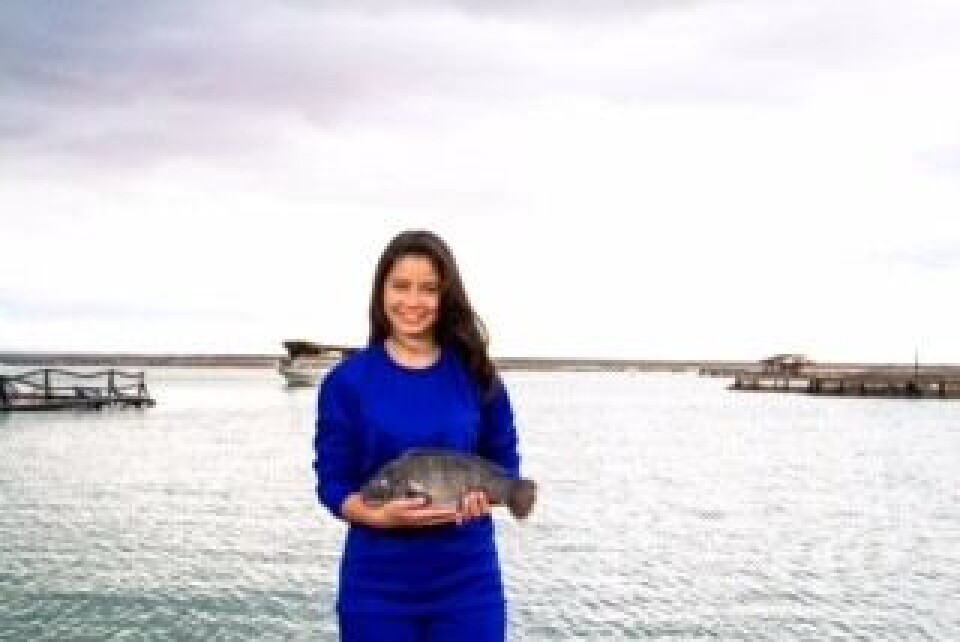
Brazil makes ASC debut
The tilapia producer Netuno Internacional has become the first in Brazil to gain Aquaculture Stewardship Council (ASC) certification.
The achievement comes in the lead up to the 2016 Rio Olympic and Paralympic games, where the organising committee has made a commitment to supply ASC and Marine Stewardship Council (MSC) certified seafood to athletes and spectators whenever possible.
Their recent ASC certification means that Netuno can play a key role in providing responsibly sourced fish in some of the estimated 14 million meals to be served during the Games, an operation that has been described as the largest peacetime catering enterprise in the world.
"We are very excited to be able to offer the first certified responsible seafood from Brazil," said Andre M Brugger, Vice President of the Brazilian Institute for Sustainable Development (IABS) and sustainability advisor to Netuno. "We studied the market and the protocols of all certification programmes available and the one that suited our ambition was ASC. We believe that ASC certification will benefit Brazilian exports because it will show a commitment to socio-environmental sustainable development. Operators who want to improve their numbers on international trade should become certified."
Good example
Chris Ninnes, CEO of ASC, said: "Netuno's certification is an important first in Brazil and we are pleased to welcome them to the programme. They have set a high standard for their operations and are further proof that what is good for the environment, workers and the community is also good for business. Of course, with the Olympics on the horizon, Netuno's certification also sets a great example for how local producers can represent their country by offering responsibly farmed seafood to a global audience."
Situated just outside the city of Paulo Afanso, in Bahia, Netuno is a leader in the production and export of seafood around the world. In order to become ASC certified, the farm undertook preparation activities including training their staff to record critical data such as the rate of escapes, predator casualties and calculated their phosphorous and nitrogen footprint.
Netuno believes that ASC certification and the opportunities it brings will provide new possibilities for the underserved communities in northeast Brazil that have previously lacked access to other forms of agriculture due to conditions in the area. According to Andre, "Aquaculture is one of the best options for this region if done under rigid sustainable criteria like the ones that ASC applies.
"We are most proud of the great interaction that we have with the community. The water quality of the lake on which we have operations – an 11 billion cubic metre lake with 1,200 cubic metres renovation per second – and the fact that we do not use any chemicals or antibiotics in any of our supply chain helps us maintain positive relationships with residents and those we share the lake with," said Andre.























































